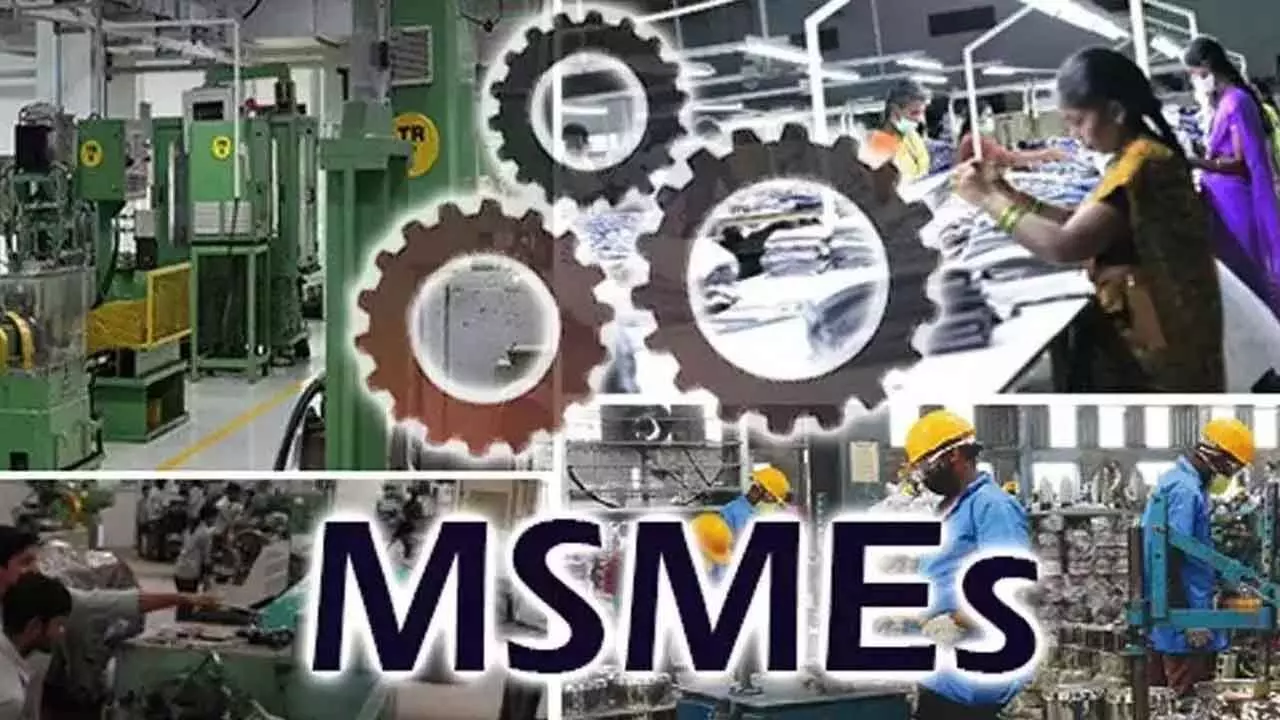Fisme Urges Govt To Address MSME Financing Woes In Budget 2025-26
Key concerns include the detrimental impact of the Special Mention Account (SMA) framework, the need for more flexible financing options like need-based lending
Fisme Urges Govt To Address MSME Financing Woes In Budget 2025-26

Fisme emphasises the need for a policy environment that supports MSME growth and competitiveness, including reduced collateral requirements, simplified loan procedures, and a focus on export promotion
In its representation for Budget 2025-26, the Federation of Indian Micro and Small & Medium Enterprises (Fisme) has emphasised the issues related to finance, protectionism, the government’s purchase policy, and ease of doing business.
Most of Fisme’s wish list addresses the finance concerns of micro and small & medium enterprises (MSMEs). The small businesses body finds fault with the Special Mention Account (SMA) framework chalked out by the Reserve Bank of India. “We are flooded with complaints that instead of reviving struggling MSMEs, the framework is leading to premature closures. After last year’s Budget, RBI did hold consultations with MSME associations. What it came out with was a proposal for a fund to provide additional 10 per cent loan for revival. The response is not even close to a half-way house.”
The issue is that SMA framework’s trigger is automatic, computer-driven, and lacks a mechanism to consider the qualitative reasons of delay, Fisme said. “Once red-flagged, the account becomes a pariah and banks restrict, even withdraw, banking facilities bringing banking operations of the unit to a grinding halt. Post-SMA mark, there is no guidance what the bank manager has to do next for revival: No road map, No SOP, No standing instructions.”
The account is allowed to slip into a non-performing asset (NPA), Fisme said. “Once NPA, the bank moves to recover money by selling assets... A temporarily stressed account thus is forced to turn into full-fledged NPA, killing the business and the associated employment.”
There is an urgent need for a comprehensive policy response, Fisme said.
It also highlighted the problem with bank loan ratings (BLRs), which are credit ratings that indicate a borrower’s ability to repay a bank loan on time. Fisme called them “another misconceived measure of the UPA era.”
Third-party ratings were imposed on MSMEs and unlisted companies. The RBI needs to issue guidelines to banks and financial institutions that MSMEs and unlisted companies do not mandatorily require BLR rating.
Fisme also emphasized on need-based financing for MSMEs which “would enable banks to provide more tailored and flexible financing solutions. Cash flow-based financing focuses on an MSME's ability to generate cash to repay loans, rather than solely on collateral. Banks may be encouraged to consider need based financing as an independent mode of financing using combining need-based assessment with cash flow analysis.”
Fisme desires reduced collateral requirements for high-performing MSMEs. Also, “there is need for EXIM bank to lend liberally to exporters particularly budding exporters.”
Fisme also warned the government against the pitfalls of protectionist measures on MSMEs. “The emergence of non-tariff barriers (such as Quality Control Orders, QCOs) and escalating tariff barriers (higher import duties, anti-dumping duties, safeguard duties) on critical raw materials like steel, copper, aluminum, and polymers is creating an uncompetitive environment for Indian industries, particularly MSMEs. These measures, while seemingly aimed at protecting domestic producers, have unintended and detrimental consequences.”

